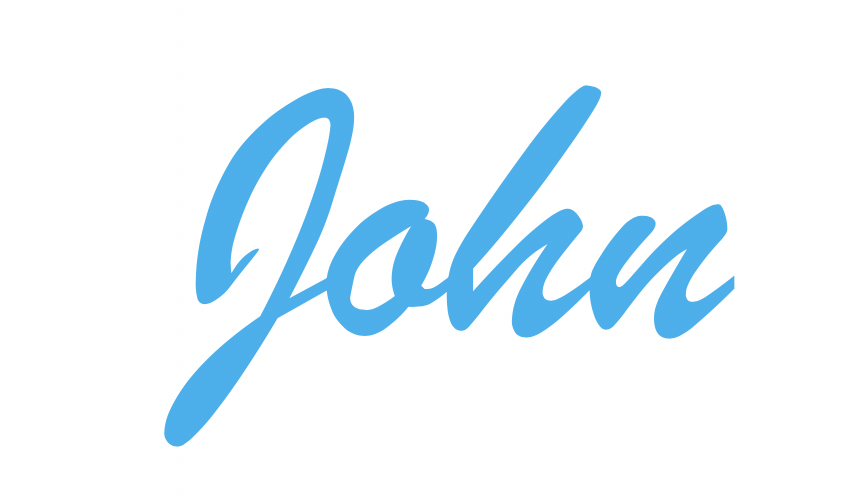How to Create Positive Work-from-Home Life Habits
By John Millen
The world has changed.
This pandemic has changed the way we work, the way we live and the way we communicate –– perhaps forever.
As we scramble to adapt, we form new habits in this work-from-home environment. But unless we consciously choose our habits, we may be falling into behavior that is unhealthy or unproductive.
I've been speaking with clients and friends who are struggling to bring some normalcy to this new life, and I've faced the same challenges. As a leadership coach, helping others change behavior is my job.
The key to adapting to working from home or any other change is the development of small, sustainable habits that drive our behavior.
With this in mind, I’ve compiled my list of the five best habit-forming books to help you create positive work from home life habits.
These books are not listed in order of value; any one of them is a good place to start consciously creating your habits in your new world.
1) The One Thing: The Surprisingly Simple Truth Behind Extraordinary Results, by Gary Keller
I read this book after its publication in 2012, but I didn’t put it into action. I re-read it during the holidays and I’ve put its processes into place to drive my life this year.
Main Idea: Devoting consistent, focused time to your top priorities will produce extraordinary long-term results like a series of dominoes that gain momentum and energy as they continue to fall. Continually refocusing acts as a big-picture map and a small-focus compass.
Key Quote: “Focusing Question: What’s the ONE THING I can do such that by doing it everything else will be easier or unnecessary?”
2) The Power of Habit: Why We Do What We Do in Life and Business, by Charles Duhigg
Main Idea: Our brains use a process to develop habits to conserve mental energy. Some 40 percent of our actions result from these unconscious routines. Duhigg calls this the “Habit Loop,” which can be effectively hacked to change negative habits and create new habits.
Key Quote: “This [habit development routine] process within our brains is a three-step loop. First, there is a cue, a trigger that tells your brain to go into automatic mode and which behavior to use. Then there is the routine, which can be physical or mental or emotional. Finally, there is the reward.”
3) Atomic Habits: An Easy and Proven Way to Build Good Habits & Break Bad Ones, by James Clear
Main Idea: Clear notes the compounding effect of small changes in habits: getting one percent better every day will produce results that are 37 times better at the end of the year. The key is to change your identity, how you view yourself and rely on systems to sustain your changes.
Key Quote: “Habits are the compound interest of self-improvement. The same way that money multiplies through compound interest, the effects of your habits multiply as you repeat them. They seem to make little difference on any given day and yet the impact they deliver over the months and years can be enormous.”
4) The 7 Habits of Highly Effective People, by Stephen Covey. I’ve read this classic book many times over the years, using it to reinforce the timeless principles to guide one’s life.
Main Idea: Covey identifies seven “true north principles” that can help to build an effective, sustainable business and personal life. These habits include, among others, personal development, proactivity, and seeking to understand others rather than being understood.
Key Quote: “These habits are basic; they are primary. They represent the internalization of correct principles upon which enduring happiness and success are based.”
5) Tiny Habits: The Small Changes That Change Everything, by B. J. Fogg. Dr. Fogg is a social science researcher at Stanford and has been teaching his Tiny Habits methods for nearly a decade. I’ve followed his work for years and appreciate the neuroscience basis of his simple method for personal transformation.
This book was published on December 31st and I've found it very helpful. These are the key elements:
Main Idea: Motivation and willpower are unreliable for change. The way to work around them is to make small changes and keep expectations low. Extremely small actions, 30 seconds in length, with positive reinforcement, grow habits that eventually fuel transformative behavior change.
Quote: “With the Tiny Habits method, you celebrate successes no matter how small they are. This is how we take advantage of our neurochemistry and quickly turn deliberate actions into automatic habits. Feeling successful helps us wire in new habits and motivates us to do more.”
As change accelerates and distractions intensify, your habits keep you grounded and in control of your life. Let any one of these great books guide you to sustainable health and happiness in this crazy new world.
To talk with me directly, please use my contact page.
All the best,



